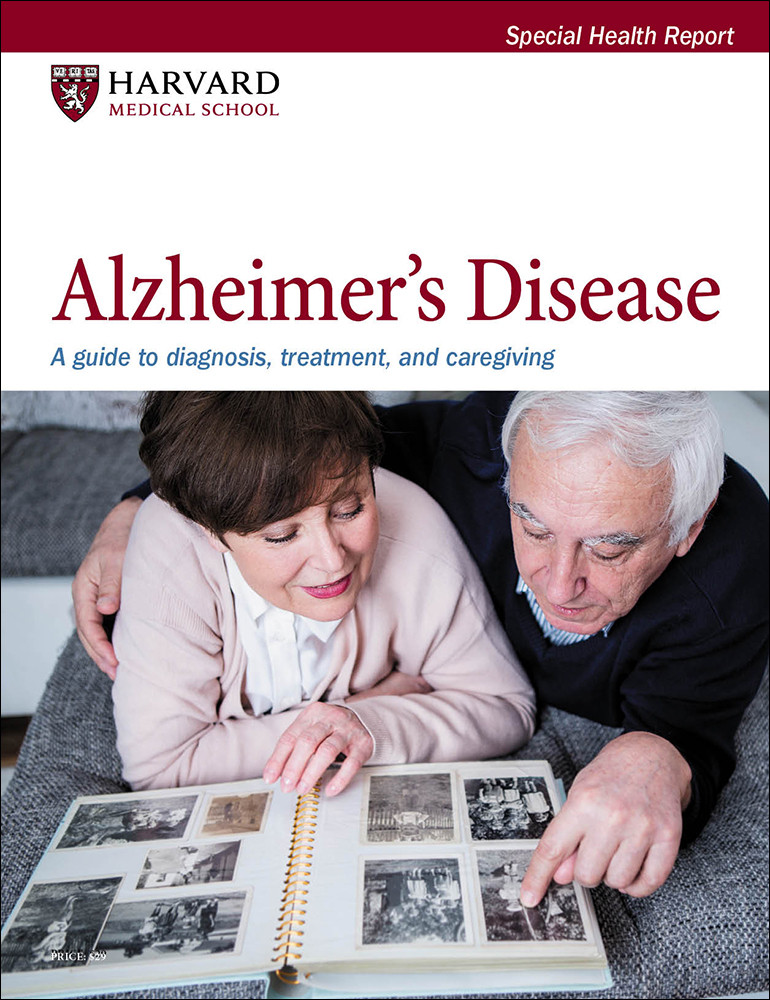Blood test shows promise as simple test for Alzheimer's disease
In the journals
- Reviewed by Howard E. LeWine, MD, Chief Medical Editor, Harvard Health Publishing; Editorial Advisory Board Member, Harvard Health Publishing

Scientists are working to find ways to predict who is likely to develop Alzheimer's disease, as these people may benefit from anti-amyloid therapy long before the disease is evident. A new blood test may help achieve this.
Researchers recruited 912 people who were diagnosed with subjective cognitive decline, mild cognitive impairment, or dementia. They took blood samples to check for six biomarkers. They then conducted positron emission tomography (PET) brain imaging on the participants to look for amyloid-beta and tau protein buildup, the hallmark signs of Alzheimer's disease.
When the researchers compared the blood test results with the PET images, they found that one biomarker, called plasma phosphorylated tau 217 (p-tau217), was most strongly associated with the presence of amyloid-beta. In addition, higher blood levels of p-tau217 correlated with greater amounts of brain cell–damaging tau protein.
Although the results need verification, the findings are a potentially exciting advance in the fight against Alzheimer's. A simple blood test may eventually help identify which people should go on to have expensive PET imaging or an invasive spinal tap, required to determine whether a person might benefit from anti-amyloid drugs or other future therapies. The results were published in the March 2024 issue of JAMA Neurology.
Image: © MoMo Productions /Getty Images
About the Author

Matthew Solan, Former Executive Editor, Harvard Men's Health Watch
About the Reviewer

Howard E. LeWine, MD, Chief Medical Editor, Harvard Health Publishing; Editorial Advisory Board Member, Harvard Health Publishing
Disclaimer:
As a service to our readers, Harvard Health Publishing provides access to our library of archived content. Please note the date of last review or update on all articles.
No content on this site, regardless of date, should ever be used as a substitute for direct medical advice from your doctor or other qualified clinician.
















